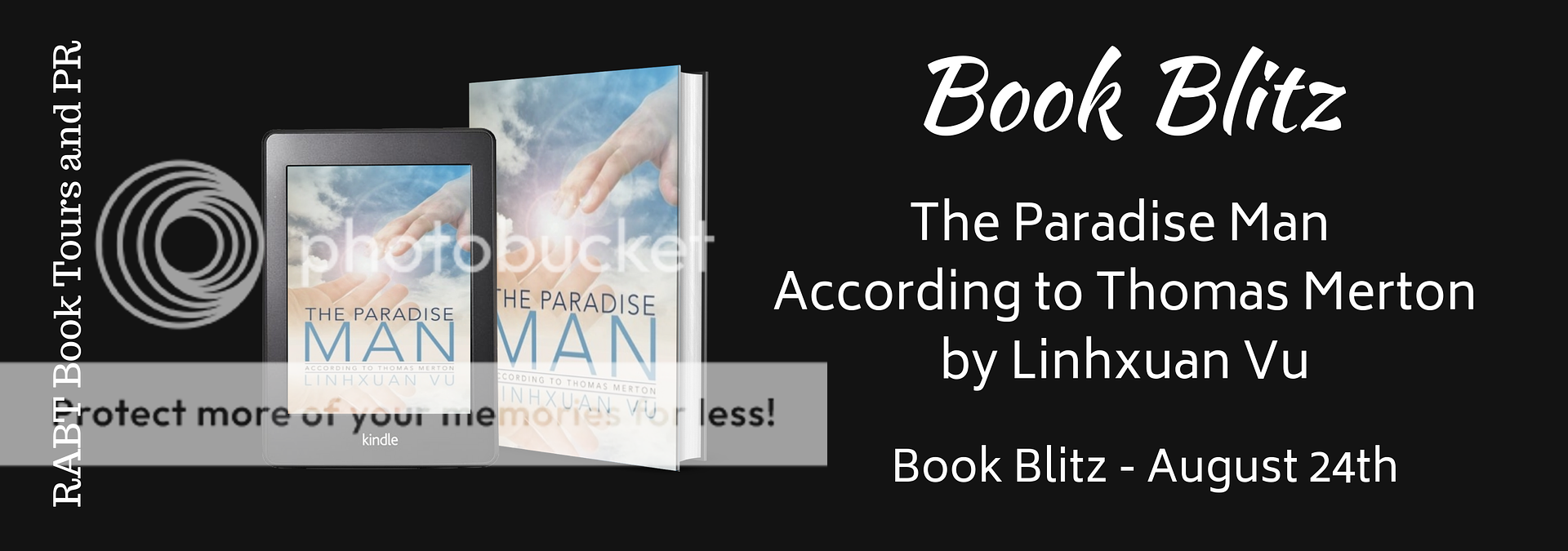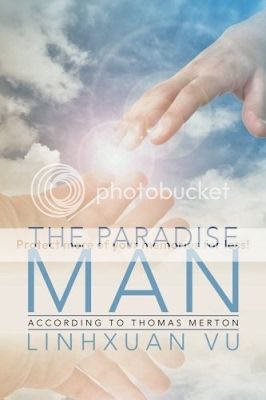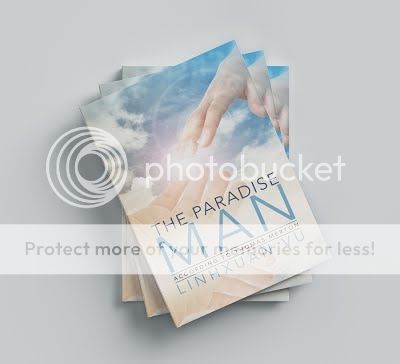Religion, Spirituality, Self-Help
Publisher: Xlibris
Since Adam and Eve left Eden, humanity has endured through long millennia of hardships and sufferings, especially death. But the hearts of their children and great-grandchildren have never given up the hope that, someday, they could return to the place of happiness that once had been their inheritance. It is a legitimate and dignified dream. In fact, since the day Adam and Eve left, paradise has remained on earth, waiting for every single human child to return.
Mertons paradise, in the last analysis, is on earth, but it is not a spacious place. It is rather an attitude of heart, a state of consciousness, in a spiritual journey. The recovery of paradise occurs when the ego in us becomes empty like a desert. The more the noisy ego diminishes, the more the paradise appears in all its beauty. In fact, this paradise is the face of God, not just an imaginary picture but the true God Himself. The more the face of our ego fades out, the more the face of God shines in his glory, might, and goodness. The desert path is more a journey within our consciousness than through geographical space and time. That is why it belongs to all people and is not just reserved for desert hermits.
According to Thomas Merton, you need not be a bishop, a priest, a monk, a nun, a religious person, or a hermit to enter the spiritual journey. You may be a lay person, a normal churchgoer very busy with your daily duties, but you certainly could be a real paradise man.
Excerpt
Since Adam and Eve left Eden, humanity has endured through long millennia of hardships and sufferings, especially death. But the hearts of their children and great grandchildren have never given up the hope that someday they could return to the place of happiness which once had been their inheritance. It is a legitimate and dignified dream. In fact, since the day Adam and Eve left, paradise has remained on earth waiting for every single human child to return.
Following the great journey of humankind in the search for the paradise, utopias and fairytale worlds expressed in many centuries in various cultures and religions, this present work describes the arrival of the search that means paradise is found. We seek to understand what is the life of the Paradise Man? What is the Paradise World?
Pope Francis of the Roman Catholic Church spoke to the US Congress on September 24, 2015, and he gave praise to four great Americans: Abraham Lincoln, Martin Luther King Jr., Dorothy Day and Thomas Merton. The last of these four great heroes, Thomas Merton, will be the lead contributor for this work.
Thomas Merton (1915-1968) is recognized as the most influential American Catholic author of the twentieth century. His autobiography, The Seven Storey Mountain, has sold over one million copies and has been translated into over fifteen languages. He wrote over sixty books and many poems and articles on various topics. The most central themes are the monastic life and contemplative prayer. He was also a strong supporter of the nonviolent civil rights movement. Thomas Merton was born on January 31st, 1915 in Prades, France, to a New Zealand father and an American mother. Both were artists. Merton converted to Roman Catholicism whilst at Columbia University in 1942. He was called to priesthood and entered the Abbey of Gethsemani in Kentucky, a community of Trappist monks, the most ascetic Roman Catholic monastic order. In Gethsemani Abbey he lived for twenty-seven years and went through profound ongoing conversion. During his last years, he became deeply interested in Asian religions. The Dalai Lama praised him as having more profound understanding of Buddhism than any other Christian he had known. He died in Bangkok on December 10th, 1968 by an accidental electrocution during a conference on East-West monastic dialogue. 2
Thomas Merton left in many of his writings profound observations concerning the noble human dream and in particular he introduced us to the paradise of the Desert Fathers:
Modern studies of the Fathers have revealed beyond question that one of the main motives that impelled men to embrace the “angelic life” (bios angelikos) of solitude and poverty in the desert was precisely the hope that by so doing they might return to paradise. 3
Thomas Merton wrote the above lines in his book: Zen and the Birds of Appetite. This book was Merton’s dialogue with Dr. Daisetz Suzuki, the famous Japanese scholar and writer, about the transcendent experience of paradise in both Christian and Buddhist traditions. Thomas Merton openheartedly shared more with us what he found: “Paradise is not ‘heaven.’ Paradise is a state, or indeed a place, on earth. Paradise belongs more properly to the present than to the future life.”4
Paradise! What is it like? It is not a material paradise providing bodily satisfaction and mental relaxation like that of vacation locations: Hawaii, Miami, Las Vegas and Hollywood. It also is not the paradise of Milton, which has been said by E.M.W. Tillyard to be too weak and unconvincing because it has “too much leisure and . . . nothing to do.” He also compared Adam and Eve in Milton’s work to “old age pensioners enjoying a perpetual youth.” 5 The paradise which Merton talked about was the paradise of the Desert Fathers.
Merton’s paradise, in the last analysis, is on earth, but it is an interior place. It is rather an attitude of heart, a state of consciousness, in a spiritual journey. The recovery of paradise occurs when the ego in us becomes empty like a desert. The more the noisy ego diminishes, the more the paradise appears in all its beauty. In fact, this paradise is the Face of God, not just an imaginary picture, but the true God Himself. The more the face of our ego fades out, the more the Face of God shines in His Glory, Might, and Goodness. The Desert Path is more a journey within our consciousness than through geographical space and time. That is why it belongs to all people and is not just reserved for desert hermits.
This book will include the following aspects of the journey:
- Ø the traveler’s experiences of the transformation into a Paradise Man in union with God;
- Ø the traveler’s union with fellow humans though still in a challenging world;
- Ø the traveler’s harmonious union with the world of creation in a “cosmic dance.” God is the dancer and we are the dance.6
The focus of this work will be on “The Paradise Man;” therefore, we will not go into detail about the biography of Thomas Merton and this is not the study about only Merton’s theory. We should say that we all enter a mysterious world of Paradise and Thomas Merton is our guide leader. This work is also not aimed as a profound academic research but only a collection of precious notes to help the author himself and other average churchgoers in finding some inspiration for their spiritual journey. “The Paradise Man” will always be the common expression applicable for both “Man” and “Woman.” Biblical citation will be taken from The New American Bible, revised edition.
According to Thomas Merton, you need not be a bishop, a priest, a monk, a nun, a religious or a hermit; you may be a lay person, a normal churchgoer very busy with your daily duties, but you certainly could also be a Paradise Man.
About the Author
Linhxuan Vu or Fr. Peter Dat Tien Vu is a priest and Cistercian monk graduated MDiv (1983) and MA in theology (1987) from Dominican School of Philosophy and Theology at Graduate Theologian Union in Berkeley, California. After some years being sub-novice master at Thien Phuoc Cistercian Abbey in Vung Tau City, Vietnam, he is now serving in the chaplain team at the Retreat House of Assumption Abbey in Ava, Missouri.
Contact Links
Purchase Links





No comments:
Post a Comment